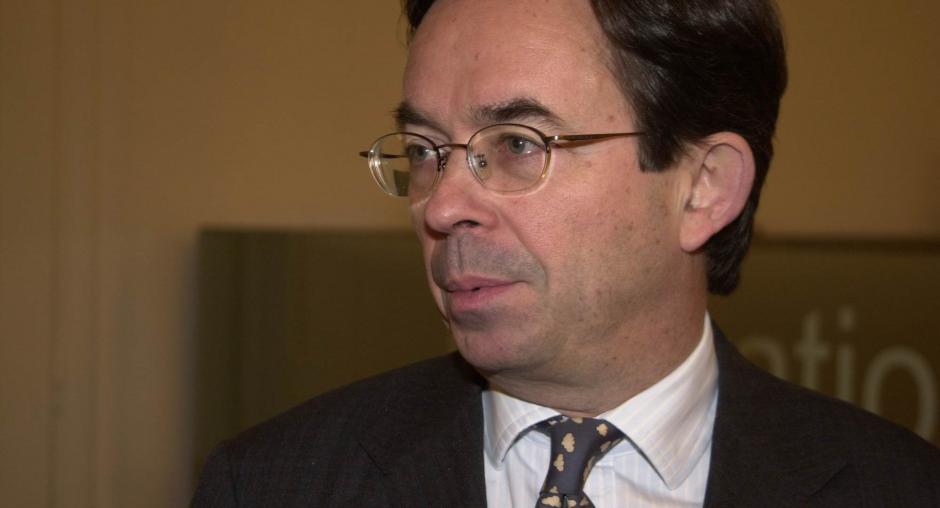Newsroom
OSCE's human rights office calls for sustained political process in Chechnya
WARSAW 28 March 2003

ODIHR Director Amb. Christian Strohal briefed the OSCE's Permament Council in Vienna on the Chechnya referendum, 27 March 2003. (OSCE/Alexander Nitzsche) Photo details
WARSAW, 28 March 2003 - The OSCE's Office for Democratic Institutions and Human Rights (ODIHR) yesterday called for a sustained political process in Chechnya.
"Last weekend's referendum can only be considered a success if it is followed by a serious effort by all sides to engage in a sustained political process bridging the divide between Moscow and the Chechen people," said ODIHR Director Ambassador Christian Strohal at a meeting of the OSCE's Permanent Council in Vienna. "The violence, human rights violations and impunity that have characterized conditions in Chechnya can end only if the rule of guns is replaced with the rule of law."
Ambassador Strohal stressed that the ODIHR will follow the post-referendum process and stands ready to support this process and assist, within its mandate, the authorities and civil society in the Republic.
The ODIHR did not observe the 23 March referendum, but sent a small team of experts, which split up into two groups to visit polling stations in Chechnya and voting facilities set up in the neighbouring Republic of Ingushetia for internally displaced persons from Chechnya. Due to the limited nature of the visit, the expert team was not in a position to draw overall conclusions on the conduct of the referendum. The team noted, however, that it received numerous expressions of hope from voters that the referendum would lead to a political process and bring peace and stability.
This visit was a follow-up to an assessment mission conducted to Moscow and Chechnya from 26 February to 3 March. The assessment mission had concluded that the ODIHR was not able to conduct a standard observation mission for the referendum, but recommended considering the deployment of a team of experts.
"Last weekend's referendum can only be considered a success if it is followed by a serious effort by all sides to engage in a sustained political process bridging the divide between Moscow and the Chechen people," said ODIHR Director Ambassador Christian Strohal at a meeting of the OSCE's Permanent Council in Vienna. "The violence, human rights violations and impunity that have characterized conditions in Chechnya can end only if the rule of guns is replaced with the rule of law."
Ambassador Strohal stressed that the ODIHR will follow the post-referendum process and stands ready to support this process and assist, within its mandate, the authorities and civil society in the Republic.
The ODIHR did not observe the 23 March referendum, but sent a small team of experts, which split up into two groups to visit polling stations in Chechnya and voting facilities set up in the neighbouring Republic of Ingushetia for internally displaced persons from Chechnya. Due to the limited nature of the visit, the expert team was not in a position to draw overall conclusions on the conduct of the referendum. The team noted, however, that it received numerous expressions of hope from voters that the referendum would lead to a political process and bring peace and stability.
This visit was a follow-up to an assessment mission conducted to Moscow and Chechnya from 26 February to 3 March. The assessment mission had concluded that the ODIHR was not able to conduct a standard observation mission for the referendum, but recommended considering the deployment of a team of experts.
